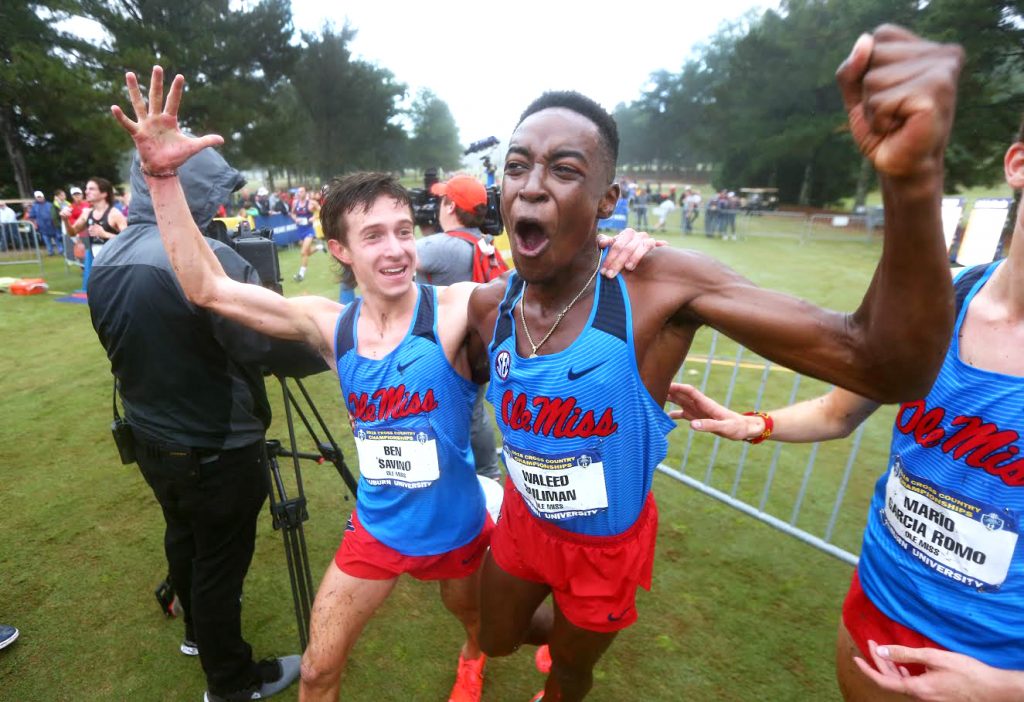On Sept. 16, a group of UM students protested university administrators’ flagging, non-transparent response to the COVID-19 pandemic, emphasizing the danger and uncertainty many campus workers confront each day. University leadership did not respond to their concerns.
The Daily Mississippian reported a recent surge in the use of the campus food bank by students and staff who experience food insecurity, a reality that the pandemic has exacerbated for many individuals. No actions have been taken to address the systemic issues – amplified across racial lines – that contribute to food insecurity for UM students and staff.
In a meeting with the Graduate Student Council over the summer, Chancellor Glenn Boyce dismissed graduate instructors’ pleas for the implementation of a minimum teaching stipend above the federal poverty line, claiming that “departments are allowed to pay a higher stipend, and we encourage them to do so.” In an all-too-familiar move, Boyce passed the buck.
I paint this stark picture of the reality faced by many students and campus workers not to contribute to the surplus of negative news we as a community have experienced this year. Rather, I do so to highlight what seems to be the keystone of UM’s campus culture, the singular term that lies at the heart of the afore-mentioned issues: inequality.
How is it that the state’s flagship university – with a whopping $736 million endowment reported in 2019 – continues to perpetuate these shocking levels of disparity among students and campus workers? Make no mistake, this culture of inequality at UM is 100% by design. It allows administrators to collect handsome six-figure salaries while instructors – who perform the brunt of the university’s academic labor – languish in poverty.
It forces student workers, many of whom commute from places like Batesville because of Oxford’s exorbitant housing costs, to hold several jobs just to pay for basic necessities. It allows the university to pull in millions of dollars on the backs of its student-athletes while the athletes themselves don’t see a dime. To my fellow campus workers: how long will we endure this blatant exploitation?
I invoke the solemn words of Civil Rights legend U.S. Rep. John Lewis: “When you see something that is not right, not just, not fair, you have a moral obligation to do something.”
Here is what I see when I look around the campus of the University of Mississippi:
I see graduate instructors living on the edge of poverty.
I see campus workers furloughed in the spring now struggling to pay their bills.
I see student housing workers performing their residential duties with no hazard pay and inadequate PPE.
I see Greek organizations take in millions of dollars annually while their staff members struggle to earn a living wage.
I see campus staff fearful to return to campus as crowds descend on Oxford for the beginning of football season.
These are the things I see. However, what is most unsettling is what I hear: the deafening silence from UM administrators. To members of university leadership: What do you see? More importantly, what concrete steps are you taking to dismantle this institutional inequality?
Seth Spencer is a Brooksville, Florida, native and a graduate instructor and Ph.D. candidate in the Department of English.














